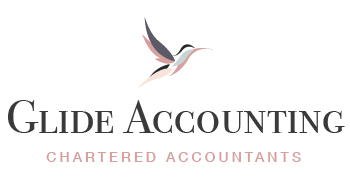DIVISION 7A
WHAT IS DIVISION 7A?
Division 7A is a set of tax rules designed to stop company owners from pulling cash, assets, or other similar benefits out of their business without paying the right tax. If you take money out, for example as a loan to yourself or pay for something personally using company money, you will need to repay this money before the company’s due date or it could be treated as a "deemed dividend". That means it's taxable income in your hands and you don't get the flexibility you may expect.
WHY IS IT A PROBLEM?
-
Normally you'd pay yourself dividends or a salary and manage your tax that way. With a Division 7A loan, if you don't set it up properly the ATO hits you with tax on the full amount as if it's a dividend immediately. There are no franking credits to soften the blow if the company hasn't paid tax on the profits yet. You essentially volunteer to pay the ATO early.
-
To avoid the tax hit, you can structure it as a complying loan, but this isn't a straightforward process. You need to sign a formal loan agreement, charged a minimum interest rate set by the ATO each year and repay it over a set term (usually 7 years, or 25 if it's secured by property). If you miss a repayment the unpaid amount gets taxed as a dividend.
-
If you're taking money out because you need it, you will need to repay it with interest and/or a dividend gets declared and you are left with a tax bill
-
Division 7A is a calling card for the ATO to search for non-compliant loans. If you are caught doing it wrong, there are penalties, interest and stress.
If that sounds like something you'd rather avoid, here are a few brief tips:
• Pay yourself a dividend (properly declared and franked if possible).
• Take a reasonable salary or director's fees, keeping it above board.
• If it's a legit business expense, use a reimbursement process.
These tips will keep your business clean, let you plan for tax adequately and doesn't leave you juggling loan repayments whilst avoiding ATO scrutiny and length audits.

